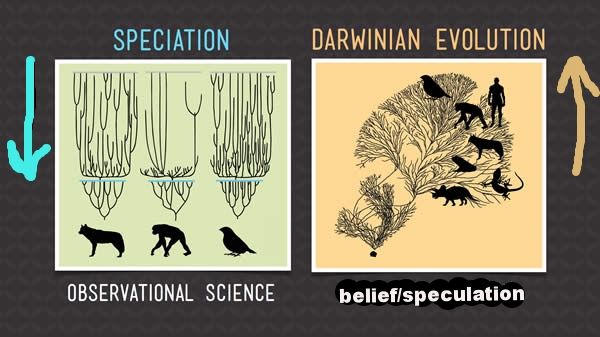I just meant when atheists die they will know that things exist that can't be seen.
I assume that I'm correct in believing that you are a man that believes in god, believes in the teachings of his son, Jesus, and believes in the concept of an afterlife. In your life, in your perspective, those are all great things. If they help you to become a contributing member of society, a moral being who does good, how could I as an Atheist have any issue with that? That's all I want for the member's in the society I am a part of. In regards to your post I quoted, it seems to me that you are more concerned about having some sort of "gotcha" moment and proving an Atheist wrong than being happy for your fellow man who now gets to share in everlasting peace in the kingdom of Heaven.
My mind does not reject possibility of God. My mind rejects any claims about it as false/mythical/unproven . Show me proof and I will gladly accept it. Since there is no proof at this stage I deny it.
I think many Atheists have this similar position. If someone can show me proof, than why would I balk at the notion of a God? I also find it interesting that pearlwatson believes in this one god but does not believe in the other gods throughout history. The only difference between pearl, babe, the other believers in this thread and myself is that I go one god further in my disbelief.
Well if that turns out to be truth isn't that wonderful for me?
Indeed.
You ain't aware of Pascal's wager?
If you withhold a belief in God and He does exist you have infinite loss.
If you believe in God and He doesn't exist you have lost nothing.
If us God-believers don't have an eternal soul then we ain't aware of shattered hopes once we are dead.
I have heard of it, though I prefer Marcus Aurelius' take on belief:
Live a good life. If there are gods and they are just, then they will not care how devout you have been, but will welcome you based on the virtues you have lived by. If there are gods, but unjust, then you should not want to worship them. If there are no gods, then you will be gone, but will have lived a noble life that will live on in the memories of your loved ones.
I prefer it because it's based in proactive being. It's rooted in the social contract we have with each other in respect to doing good to one and other. It's not belief for sake of belief, which we can both agree, is prevalent in our society. There are many folks who consider themselves Christians and speak about the teachings of Jesus but don't live their lives in any sort of meaningful or valued way.
Last edited:


